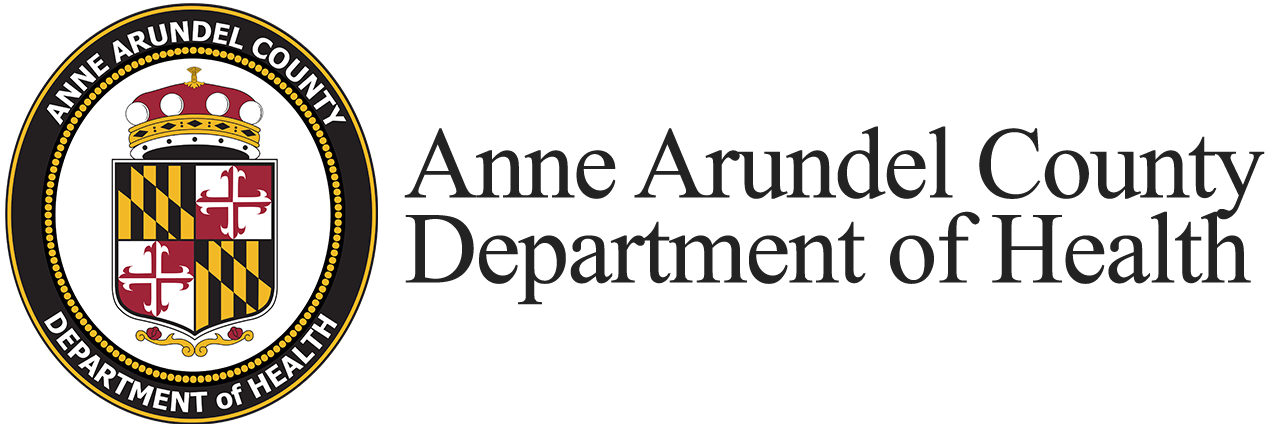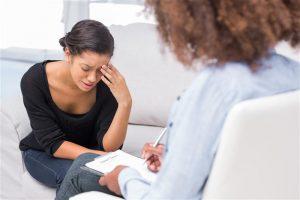People can experience a wide range of emotions before and after a disaster or traumatic event. There’s no right or wrong way to feel. However, it’s important to find healthy ways to cope when these events happen.
Take Care of Yourself and Your Loved Ones
Eating a healthy diet, avoiding the use of drugs and alcohol, and getting regular exercise can reduce stress and anxiety. Activities as simple as taking a walk, stretching, and deep breathing can help relieve stress.
- Take care of yourself. Try to eat healthy, avoid using alcohol and drugs, and get some exercise when you can—even a walk around the block can make a difference.
- Reach out to friends and family. Talk to someone you trust about how you are doing.
- If you have children, talk to them. They may feel scared, angry, sad, worried, and confused. Let them know it’s okay to talk about what’s on their mind. Role model healthy coping.
- Limit your consumption of news. We live in a society where the news is available to us 24 hours a day via television, radio, and the Internet. The constant replay of news stories about a disaster or traumatic event can increase stress and anxiety and make some people relive the event over and over. Reduce the amount of news you watch and/or listen to.
- Get enough “good” sleep. Some people have difficulty falling asleep after a disaster, or wake up throughout the night. If you have trouble sleeping, only go to bed when you are ready to sleep, avoid using cell phones or laptops in bed, and avoid drinking caffeine or alcohol at least one hour before going to bed. If you wake up and can’t fall back to sleep, try writing what’s on your mind in a journal or on a sheet of paper.
- Establish and maintain a routine. Try to eat meals at regular times and put yourself on a sleep schedule to ensure an adequate amount of rest. Include a positive or fun activity in your schedule that you can look forward to each day or week.
- Avoid making major life decisions. Doing things like switching jobs or careers can already be stressful and are even harder to adjust to directly after a disaster.
- Understand there will be changes. Disasters can destroy homes, schools, and places of business and worship and can disrupt the lives of people living in affected areas for a long time. Sometimes, people lose loved ones or experience injuries, both physical and mental, that may last a lifetime. Some people may also experience a temporary or permanent loss of employment. For children, attending a new or temporary school may result in being separated from peers, or after-school activities may be disrupted.
- Take care of pets or get outside into nature when it’s safe. Nature and animals can help us to feel better when we are down. See if you can volunteer at a local animal shelter—they may need help after a disaster. Once it’s safe to return to public parks or natural areas, find a quiet spot to sit in or go for a hike.
- Know when to ask for help. Signs of stress can be normal, short-term reactions to any of life’s unexpected events—not only after surviving a disaster, but also after a death in the family, the loss of a job, or a breakup. It’s important to pay attention to what’s going on with you or with someone you care about, because what may seem like “everyday stress” can actually be: depression (including the thoughts of suicide), anxiety, or alcohol/drug abuse.
Those at Risk
Disasters have the potential to cause emotional distress. Some are more at risk than others:
- Survivors living or working in the impacted areas (youth & adults)
- Loved ones of victims
- First Responders, Rescue & Recovery Workers
Stress, anxiety, and depression are common reactions after a disaster. Warning signs of distress may include:
- Sleeping too much or too little
- Stomachaches or headaches
- Anger, feeling edgy or lashing out at others
- Overwhelming sadness
- Worrying a lot of the time; feeling guilty but not sure why
- Feeling like you have to keep busy
- Lack of energy or always feeling tired
- Drinking alcohol, smoking or using tobacco more than usual; using illegal drugs
- Eating too much or too little
- Not connecting with others
For Family Members and Friends
- Listen carefully.
- Spend time with the traumatized person.
- Offer your assistance and a listening ear if they have not asked for help.
- Reassure them that they are safe.
- Help them with everyday tasks like cleaning, cooking, caring for the family and minding children.
- Give them some private time.
- Don’t take their anger or other feelings personally.
- Don’t tell them that they are “lucky it wasn’t worse”; a traumatized person is not consoled by those statements. Instead, tell them that you are sorry such an event has occurred and you want to understand and assist them.
Call Anne Arundel County Crisis Response for resources. 410-768-5522
@SAMHSA 2023 All Rights Reserved.

